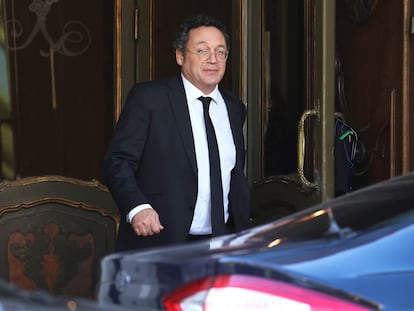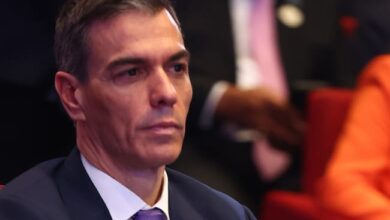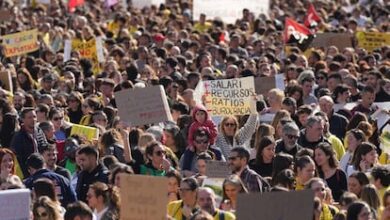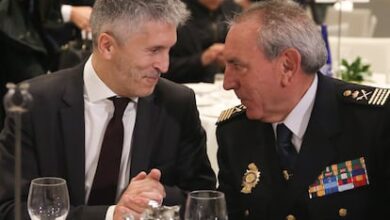
Miguel Ángel Rodríguez, who heads the office of the President of Madrid, found himself in a difficult position during hearings at the Supreme Court. His testimony in the case against Spain’s Attorney General raised numerous questions among those present. Nine months earlier, Rodríguez had already provided explanations regarding his statements about the actions of the prosecutor’s office, insisting that his words were based on professional experience rather than verified facts.
This time, Rodríguez tried to present his previous claims as logical inferences rather than proven information. During questioning by lawyers representing the interests of the accused prosecutor, he attempted to downplay the significance of his words, but was reminded of messages he had sent to journalists. In those messages, he asserted that the initiative to make a deal came from the prosecutor’s office and that its rejection was due to instructions from higher authorities.
Rodríguez admitted to passing on distorted information, citing his experience and knowledge of the prosecutor’s office structure. He also confirmed that he had put a case figure in touch with a journalist from a major publication, but could not recall exactly when this happened—whether before or after the controversial article was published. At the start of the hearing, he denied having contact with journalists from one online outlet, but later admitted he might have confused them with staff from another media organization.
While testifying, Rodriguez took a rather aggressive stance, sending harsh messages to the press and making accusations against the prosecution on social media. He explained that online communication follows a different tone than official statements and insisted that his main goal was to protect the regional leader’s reputation against any threats.
According to Rodriguez, the main defendant did not commit a crime but was simply trying to reach an agreement with the tax authorities, although this attempt came only after the tax agency had already deemed the outstanding debt sufficient grounds for a criminal investigation. Despite the pressure, Rodriguez did not change his approach and continued to criticize both the prosecution and the journalists covering the case.












